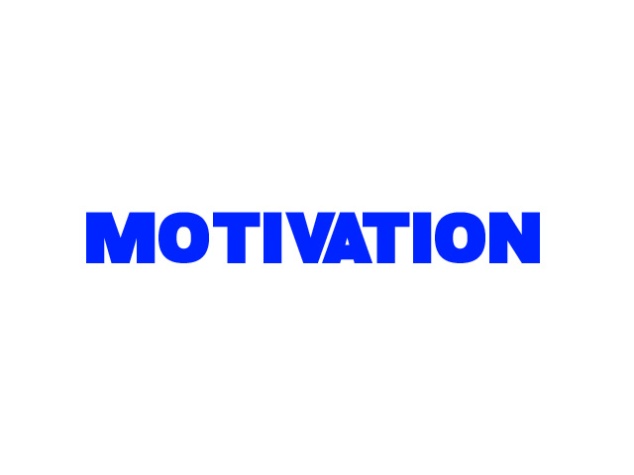Since I was a teenager, I wanted to tell fictional stories. I can’t help it, in my mind there is always a conversation between two imaginary characters. Other times I imagine myself (or a character) discovering new places or trying to escape form a dangerous (or weird) situations.
All I’m saying is that I like to write. So, when I turned 18 I decided to become a writer. It was very exciting. To be more specific, I was excited at the idea of being a writer. To create something unique. A character, a whole imaginary world for my character to live in.
Well, this excitement stopped the first time I stared on a blank Word screen. So white, so … empty. “Now, all I have to do is start writing, right?” I thought. And for the next 10 minutes I was staring the blank screen. And I stared, and I stared. “I’m missing something here. It can’t be that difficult. I mean, in my mind I have a whole book written. All I have to do Is to write it. Man I need coffee”.
Long story short I couldn’t write a single word. So, I decided to learn how to write a story the proper way. The art of storytelling. And I did, in my opinion I became really good at it. With my confidence restored I decided to finish a book. A WHOLE BOOK. Man it was difficult. I really admire those who can commit to this task. It doesn’t matter if it is a good book or a bad one. Or the next generation defining masterpiece the whole world waited for so long. It’s is your book. And that’s great. That’s the purpose of a writer.
Then reality hit me hard with a bat. Really really hard. I’m talking about brute force here. Apparently it doesn’t matter how well you write. Or if you are a good storyteller. No sir! If you want to be a writer you need to sell. You need a dedicated audience to support your effort. “Don’t worry, start a blog”. They said. “It will be easy” they said. So, I started a blog. I’m from Greece and my English are a bit … how to put it correctly. Not good. If to write in your native language is difficult, then in a different language is rather a tedious task. Especially if you want to express yourself in that way.
I started a blog. The Writers Bog (see what I did there?). My goal was to help other writers to learn about storytelling. Am not a master but I want to help, because I know how frustrating is to construct a story if you don’t have the knowledge and the right materials. Free knowledge is a good thing, right? I did my best, and I loved it. I worked hard to make interesting posts because , in my opinion, if you want someone to his spend time reading your text, then do your best.
Then reality returned with her favorite bat. “No no no If you want an agent to pay attention to your work then you need an audience you idiot. You. Need. To. Sell.” Find out what people like to read and write about it. I mean hot topics, the right keywords. You need to show a possible target group to an agent. I don’t blame them, it’s business. I wanted to make a living from writing. Not right away, but sometime.
The moment I started to care more about my ratings, or audience engagement than real connection, I stopped writing completely. I lost my purpose. The writer’s blog became o blog without a writer, because I wasn’t a writer anymore. I didn’t want to write, I gave up. My name is Thanos by the way. After 637 words in this text it was time to introduce myself properly. Yeah I know, weird name. So weird that marvel named their main villain in their marvel cinematic universe Thanos.
Anyway, recently I realized this : I just want to write. I don’t want to impress, or become the next J. K. Rowling. I love writing and, well, I just want to write. Is that simple. I really don’t know why I hadn’t realized this 2 years ago.
So … that was the reason I gave up on writing. I want to share my thoughts and my stories. All I’m asking is to help me become a better writer.










